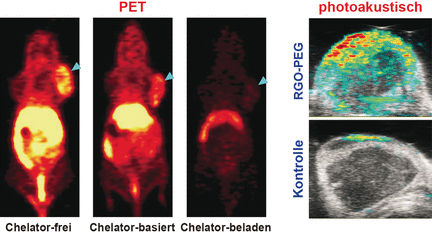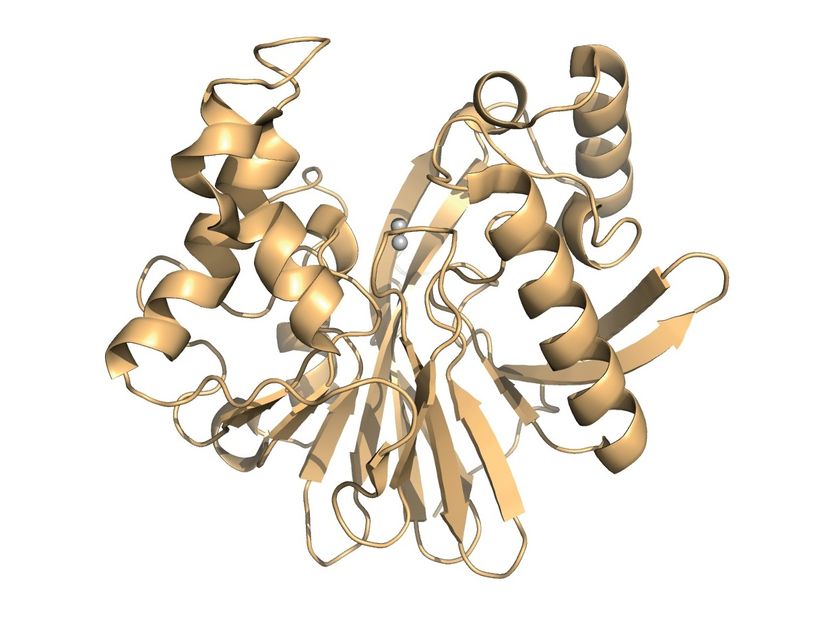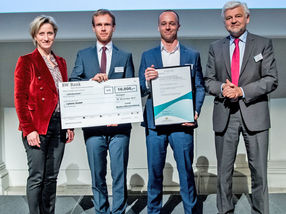Intellectual property right systems for plant characteristics must change
On Monday 19 April the Dutch Ministers of Economic Affairs and of agriculture, Nature and food Quality sent a letter to Parliament concerning the role of patent law in plant breeding. This letter was accompanied by the report “Breeding Business”, compiled by Wageningen UR as requested by the Dutch Government. In their letter the Ministers elaborate on their intent to place a number of issues resulting from the current use of patents in plant breeding on the international agenda. They also state their intention to provide more support to the Dutch public knowledge system in order for it to continue to play a major role in this area.
Genetic resources, the foundation for plant breeding, were freely available until recently since only the system of “plant breeders’ rights” was applicable. Like patent rights, plant breeders’ rights offer protection of breeders’ intellectual property. However, according to plant breeders’ rights, plant breeders can freely use each other’s varieties in the development of new ones.
As a result of the development of biotechnology, patent law has become increasingly important in plant breeding. Contrary to plant breeders’ rights, patent law limits the access of third parties to plant characteristics and research methods which could slow down the pace of innovation in plant breeding. The increasing importance of patent law in plant breeding is one of the causes for the recent global concentration of breeding activities in a small number of large companies.
At the request of the two Dutch Ministers, the Centre for Genetic Resources, the Netherlands (CGN), part of Wageningen UR, undertook an interdisciplinary study into the issue. The study showed that the way patent rights are currently being granted and used limits the access to genetic material, which in turn risks a reduction in the diversity of breeding companies and may slow down innovation in plant breeding.
The study report therefore led to the recommendation to make changes to the patent system in response to the impact it is having on plant breeding. This could be achieved, for instance, by asking the sector to limit strategic patent applications: applications that are mainly aiming at preventing product development by competitors.
The report also underpins previous suggestions that patent agencies should be much stricter in the way they handle their own protocols for the evaluation of patent applications. Too many patents are currently being granted to products that are insufficiently innovative or not absolutely new. According to the authors, this trend should stop, as the large number of overlapping patents affects the innovative capacity of the plant breeding sector.
The report also lists various options for changing patent legislation at a national, European and global level. The authors further argue that public breeding research should be strengthened. In addition, the report states that industrialised countries should not ask developing countries to be introduce overly strict requirements for the protection of intellectual property in plant breeding.
Most read news
Topics
Organizations
Other news from the department politics & laws

Get the life science industry in your inbox
By submitting this form you agree that LUMITOS AG will send you the newsletter(s) selected above by email. Your data will not be passed on to third parties. Your data will be stored and processed in accordance with our data protection regulations. LUMITOS may contact you by email for the purpose of advertising or market and opinion surveys. You can revoke your consent at any time without giving reasons to LUMITOS AG, Ernst-Augustin-Str. 2, 12489 Berlin, Germany or by e-mail at revoke@lumitos.com with effect for the future. In addition, each email contains a link to unsubscribe from the corresponding newsletter.
Most read news
More news from our other portals
Last viewed contents
Chloralose
Impression_(dental)
Medivir announces new studies in phase III program for TMC435 - Study in previous non-responder Hepatitis C genotype-1 infected patients
Amyotrophic_lateral_sclerosis
Ferriman-Gallwey_score
GE Healthcare completes acquisition of Whatman plc
Osmotic_demyelination_syndrome

Movies synchronize brains - When we watch a movie, our brains react to it immediately in a way similar to other people's brains.
Innovative genetic and cellular techniques help identify multiple disease targets

Direct radiolabeling of nanomaterials
Research will speed tracing bacteria behind salmonella outbreaks

















































